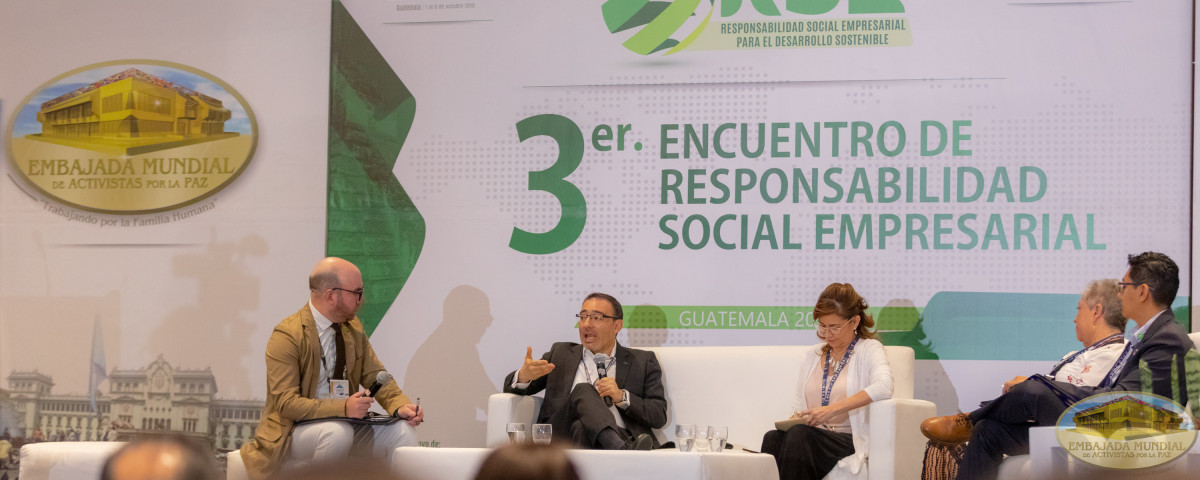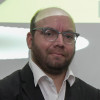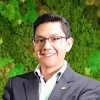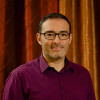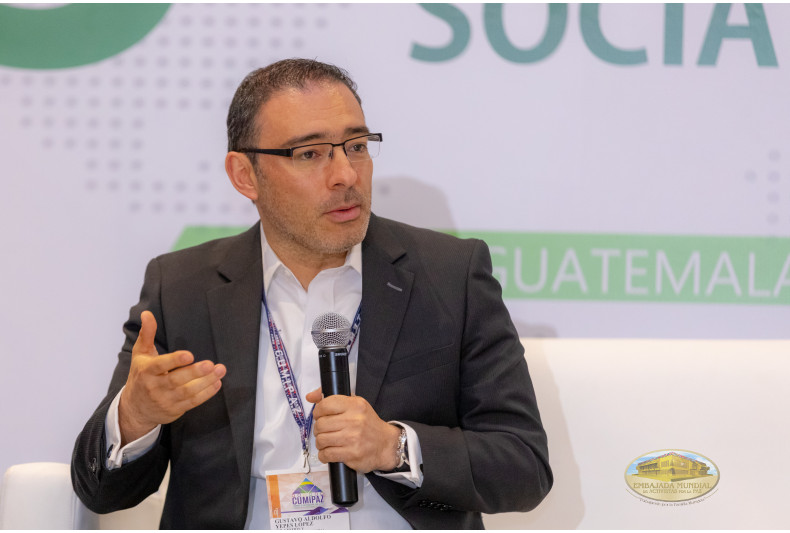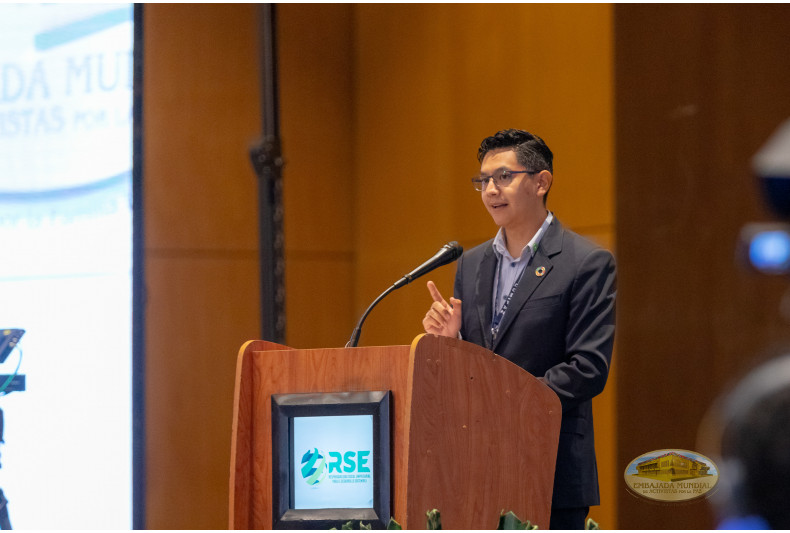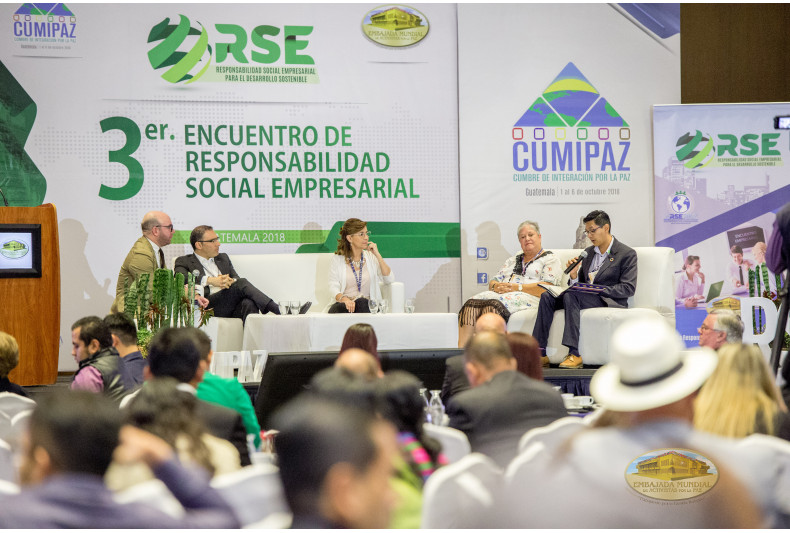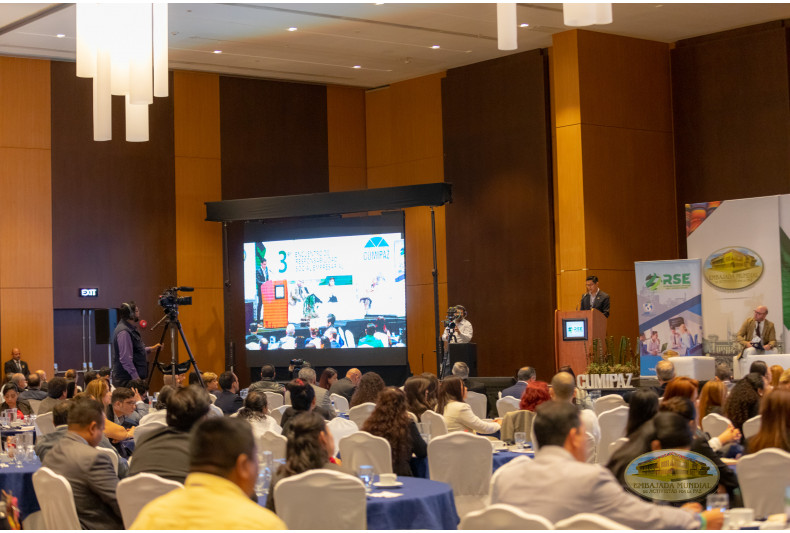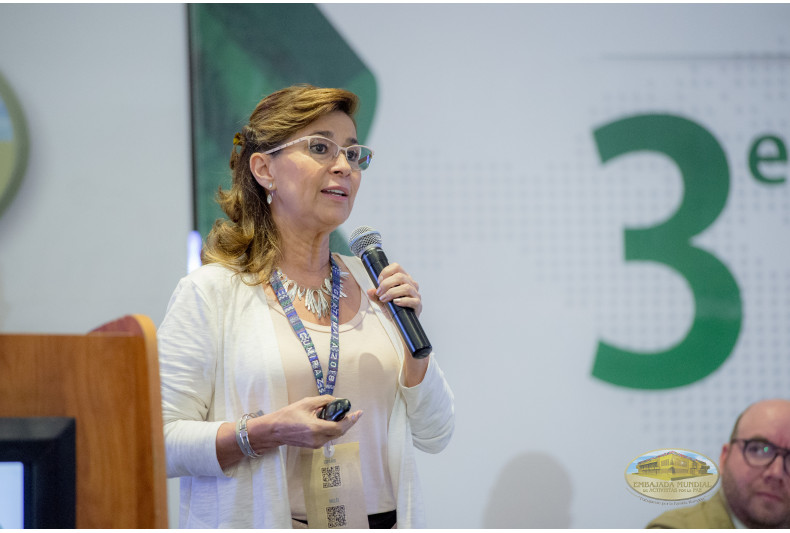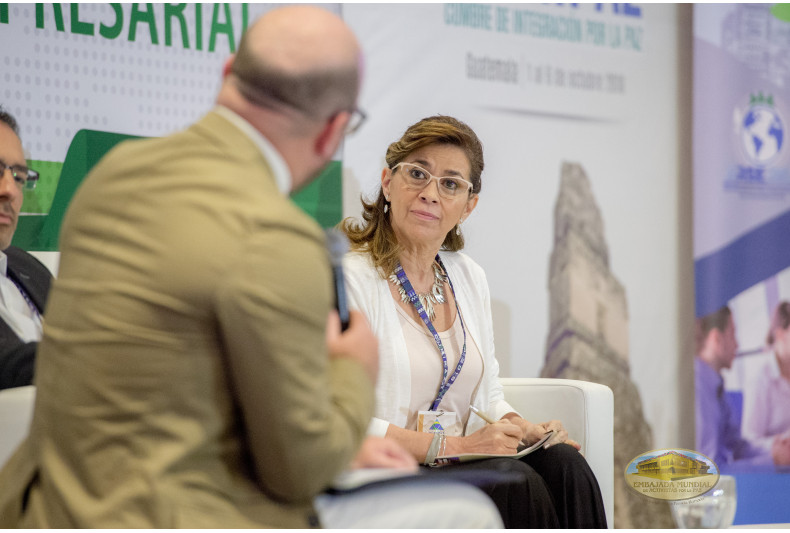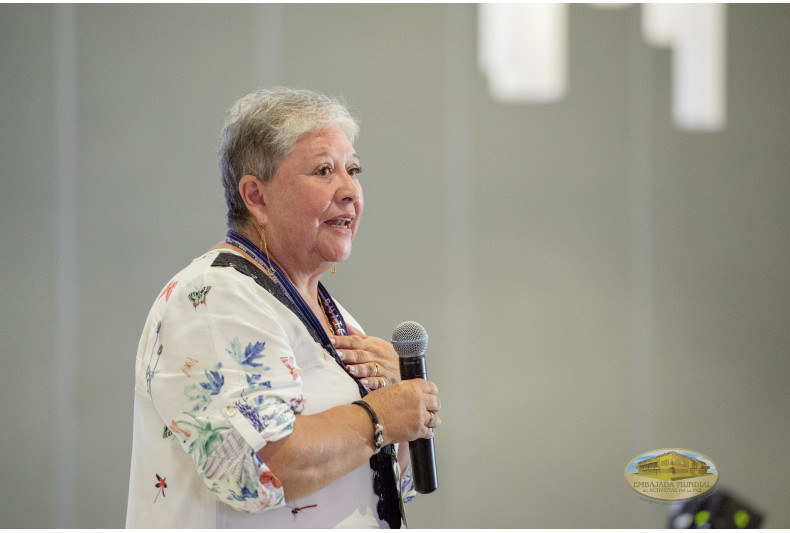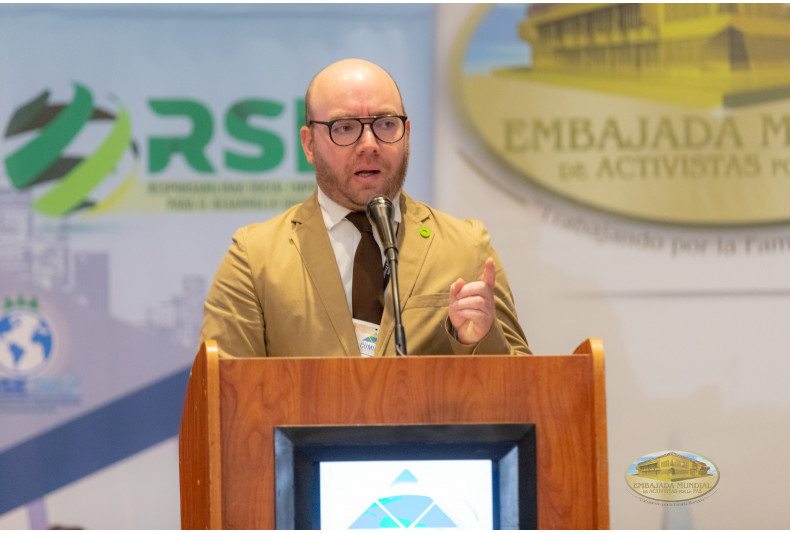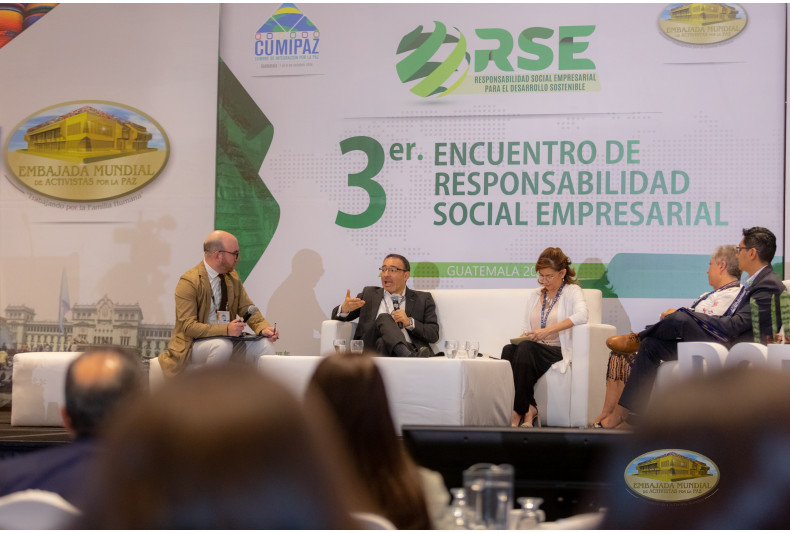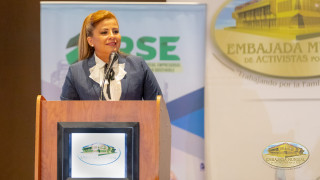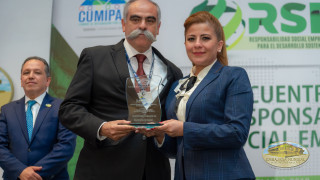A step towards the constitution of the rights of Mother Earth
See GalleryCSR Session for Sustainable Development presents experiences of sustainable actions
A panel of experts in Corporate Social Responsibility and Sustainable Development from different countries outlined the characteristics of sustainable business models for the well-being of people and the health of the environment, in the Session Corporate Social Responsibility for Sustainable Development during the 4th edition of the Peace Integration Summit, CUMIPAZ 2018.
The work of this session made it possible to move towards the constitution of the rights of Mother Earth, an initiative promoted by the institution coordinating the Summit, the Global Embassy of Activists for Peace (GEAP). This project, framed in the Inter-American Environmental Charter, has been presented before the Organization of American States (OAS), and various national and regional organizations in America.
The theme was developed among a public conformed by authorities of the economic and social field, CEO of international companies, managers of organizations, foundations and business associations, environmentalists and academics.
Models of business organizations were presented which develop their activities taking actions that promote the sustainability of human life, of nations and of Mother Earth.
Among the aspects needed to achieve these sustainable models they mentioned, ecological practices, government policies, ethical and transparent corporate social responsibility and to educate new leaders.
The moderator of the panel, Greco García, director of Marketing of the Fundación Benemérita Autonomous University of Puebla BUAP, leader in the organization Climate Reality Leadership Corps (Mexico), raised this question for the reflection of the panelists and the public.
"What are we doing for our Mother Earth? Today we sow with the water that we contaminate, among our effort, are we really doing something for the water, for the land, for the air? "
Self-cleaning of Mother Earth
Patricia León, environmental and health engineer from the Lund University of Sweden, vice president of Biolodos S.A. E.S.P. With high experience in treatment of industrial toxic sludge, spoke about the actions of the company Biolodos, which has been dedicated to work with clean technologies, based on the self-cleaning of Mother Earth, working with toxic sludge and wastewater.
He indicated that Biolodos has a collection center where they contribute to the sustainability of the companies, all the sludge that the toxic companies have are taken there and treated, as well as the wastewater. Leon said that the goal is to return the products to Mother Earth the same way she gave them to humanity.
Diagnosis of impacts
On the other hand, María Silvia Pineda, director of Social Responsibility of ASAZGUA and executive director of FUNDAZÚCAR, said:
"The small, medium and large company’s must recognize that we must have a diagnosis of the impacts, we all generate impacts, but the most important thing is to have the ability to identify which impacts can be managed in order to reduce, minimize or in the case that this can be done, completely eliminate them."
Pineda said that changes in people's behavior are required, to learn about the proper waste management in any area of production or services, and also pointed out the key role of corporate governance, which allows policy rules of the companies are instituted in any place where the activities are carried out.
Environmental economics
Alejandro Ruiz from Mexico, expert in Sustainability Reports, Corporate Volunteering and Leadership against Climate Change, spoke about the circular economy or environmental economy; In his participation he expressed:
"What is the real value these environmental resources have, to be able to protect them and start being competitive from an economic perspective?"
Ruiz proposed involving the Inter-American Environmental Charter and the Proclamation of the Constitution of the Rights of Mother Earth to the alliance for the sustainability of the Yucatan Peninsula.
"I think we agree with these aspects, we have to manage social responsibility by aligning our policies, processes, procedures, because in our time what is not measured and communicated is practically as if it did not exist. So in this intention to institutionalize, transparency, opening is where the companies should be working, "he said.
Prepare new leaders: United Nations Global Compact
In the discussions, Gustavo Yepes, winner of the 2013 RECLA award, outstanding lecturer, spoke about his responsible in the principles of education in the management of the Global Pact of the United Nations, an initiative that has now reached more than 700 universities.
"What we are looking for is how the university, in its internal processes and in its formation, can tprepare the new leaders that this new century needs," he said.
He mentioned the six basic principles that have been considered in this work, the first has to do with the purpose that the university or school should have, then about the values that it will promote, the methods that it will use for teaching, the processes of research and generation of knowledge, dialogue and participation with other performers and alliances to work together.
In addition, he noted that they have included other purposes in administrative terms from the institutions, which have to do with controlling their impacts in environmental, labor, transparency and communication terms.
"Through these principles we can achieve new students and graduates who comply with a new logic, and in their future as graduates they can make different decisions to those they are currently making; that the knowledge we generate can then generate changes in the internal processes of organizations and governments, "he said.
Yepes explained that through this work they seek that the projection social actions can integrate with the performers whom are generating negative impacts, so that all can contribute to sustainable development, specifically to the achievement of the 17 Sustainable Development Goals.
